A giant leap forward in educational equity
Having been involved in education in the northern mountainous provinces for many years, teacher Nguyen Phu Tuan (Institute for Educational Development Cooperation Research) said that since the August Revolution in 1945, revolutionary education has enlightened and paved the way for mountainous areas and ethnic minority areas to rise up strongly. That is the brilliant achievement of Vietnam's revolutionary education over the past 80 years.
In his narrative, Mr. Tuan commented: Mountainous areas, ethnic minority areas have long been places with slow economic and social development, low intellectual level, and few people have access to education. It was not until 1855, under King Tu Duc, that student quotas were set for the provinces of Tuyen Quang, Cao Bang, Lang Son, Thai Nguyen, Hung Hoa, Quang Yen... each place was selected from 3 to 6 people to be exempted from military service, miscellaneous work, and given scholarships to study.
Although the Nguyen Dynasty had positive policies to encourage studying in remote areas, they were not effective. From the first examination session under the Nguyen Dynasty (1807) to the last examination session (1919), the whole country had 5,252 people passing the bachelor and village examinations, but none of them were from the northern mountainous provinces.
During the French colonial period, education was mainly aimed at training interpreters to work for the French government. Mountainous provinces and ethnic minority areas had small schools for the children of the wealthy and noble families.
At the first meeting of the Government Council on September 3, 1945, President Ho Chi Minh proposed: “Ignorance is one of the cruel methods that the French colonialists used to rule us. More than 95% of our people are illiterate. But only 3 months is enough to learn to read and write our language according to the national language. An ignorant nation is a weak nation. Therefore, I propose to launch a campaign against illiteracy.”
On September 8, 1945, the Government issued three important decrees on education: Decree No. 17/SL established the National Education Center; Decree No. 19/SL stipulated that within six months, every village and town must have a class with at least 30 people; Decree No. 20/SL required compulsory learning of the national language without charge, within one year all Vietnamese people aged 8 and over must be able to read and write the national language.
In October 1945, President Ho Chi Minh issued an appeal to fight against illiteracy. He affirmed: “One of the tasks that must be urgently carried out at this time is to improve people's knowledge” and he advised and called on all Vietnamese people “First of all, we must know how to read and write in the national language”; “those who know how to read and write should teach those who do not know how to read and write... Those who do not know how to read and write should try their best to learn”.
Responding to Uncle Ho's call, villages and hamlets, highlands and lowlands enthusiastically launched the "elimination of illiteracy" movement. Provincial and district Popular Education Committees were established. The most remote and disadvantaged mountainous provinces and ethnic minority areas such as Son La, Lai Chau, Ha Giang, Tuyen Quang, Cao Bang... enthusiastically participated in many diverse and rich forms.
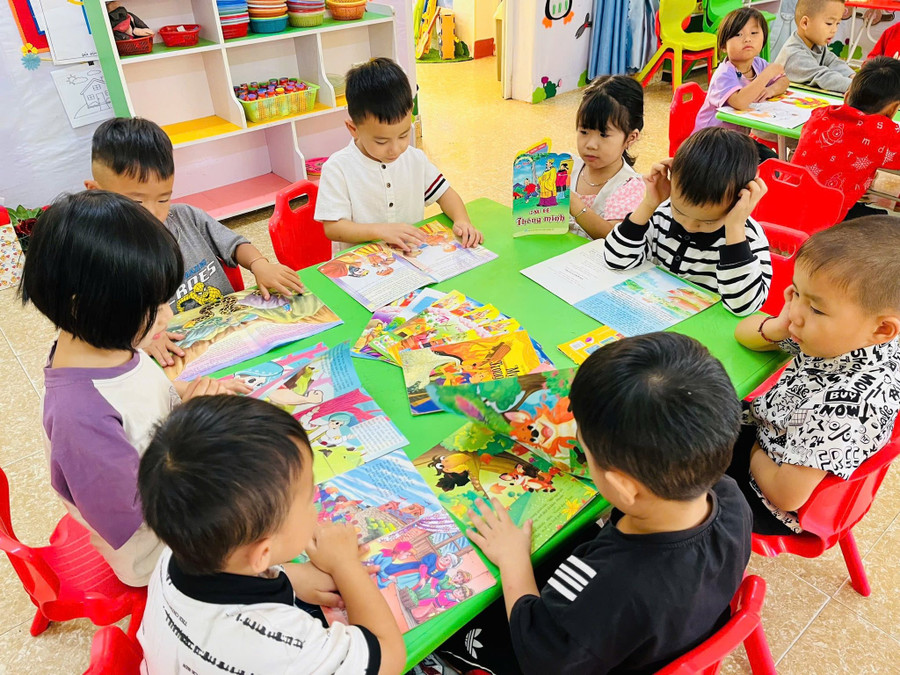
Schools have covered all villages and hamlets.
Since the movement to “eliminate illiteracy”, 80 years have passed, up to now, the network of schools has covered all villages, hamlets and communes. All highland communes have 5-year-old kindergarten classes, communes have primary schools, many schools have school points and branch schools in remote villages to create conditions for children to go to school.
The establishment and development of the system of ethnic boarding schools has greatly contributed to creating a source of ethnic minority cadres for the provinces, and achieving equality in education. The quality of education at boarding schools has been significantly improved.
Of the 54 ethnic groups in Vietnam, 30 have written languages. To train cadres from ethnic minorities and disadvantaged areas, the Government assigned the Ministry of Education and Training to implement the target of "selection" of ethnic minority and highland students to study at universities. Over the past years, tens of thousands of ethnic minority students have been trained, contributing to solving the shortage of cadres in highland areas.
The State has increased investment and combined the socialization of education in the construction of school facilities and equipment. Up to now, the school system from the provincial to the grassroots level has been built quite spaciously, many schools have been built and equipped with modern facilities.
Up to now, all mountainous provinces and ethnic minority areas have basically eliminated illiteracy, the provinces have met the standards of universal primary education - eradicating illiteracy; met the standards of universal lower secondary education; are striving to meet the standards of universal primary education at the right age. Some remote mountainous provinces, with a high proportion of ethnic minorities, and the most difficult socio-economic conditions have met the universal standards.
The remote highlands, rugged rocky mountains, home to many ethnic minorities, the northern border region of the Fatherland, for generations due to harsh natural conditions, backward customs and practices, have been unable to escape poverty, illiteracy, and disease.
In the common cause of the whole country, 80 years of Vietnamese revolutionary education have made an important contribution to expanding and illuminating the Fatherland's border areas, leading ethnic minorities to follow the revolution, make revolution, contribute to protecting and building the Fatherland and homeland, build a prosperous and happy life, contribute to realizing Uncle Ho's sacred will: "I have only one desire, the utmost desire, which is to make our country completely independent, our people completely free, all our people have food to eat, clothes to wear, and education."
Source: https://giaoducthoidai.vn/buoc-tien-vuot-bac-cua-giao-duc-mien-nui-vung-dan-toc-thieu-so-post752731.html



![[Photo] General Secretary To Lam attends the 18th Hanoi Party Congress, term 2025-2030](https://vphoto.vietnam.vn/thumb/1200x675/vietnam/resource/IMAGE/2025/10/16/1760581023342_cover-0367-jpg.webp)

![[Photo] Conference of the Government Party Committee Standing Committee and the National Assembly Party Committee Standing Committee on the 10th Session, 15th National Assembly](https://vphoto.vietnam.vn/thumb/1200x675/vietnam/resource/IMAGE/2025/10/15/1760543205375_dsc-7128-jpg.webp)


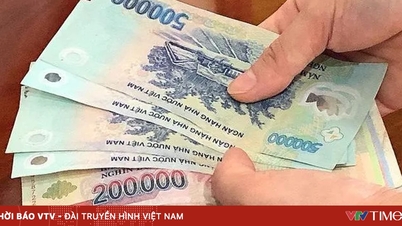



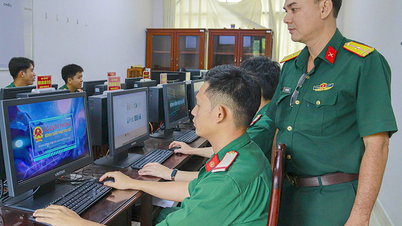










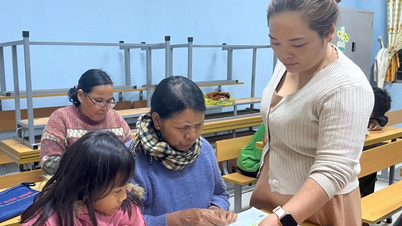
![[Video] Expected to issue digital diplomas and certificates at the same time as paper diplomas](https://vphoto.vietnam.vn/thumb/402x226/vietnam/resource/IMAGE/2025/10/16/1760601732180_720-jpg.webp)

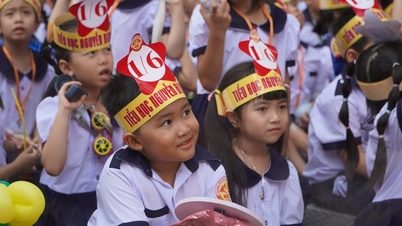





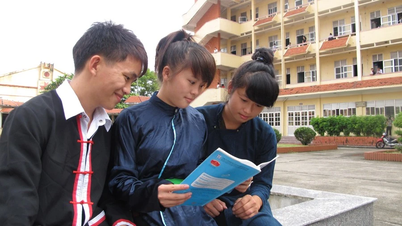











![[Video] TripAdvisor honors many famous attractions of Ninh Binh](https://vphoto.vietnam.vn/thumb/402x226/vietnam/resource/IMAGE/2025/10/16/1760574721908_vinh-danh-ninh-binh-7368-jpg.webp)











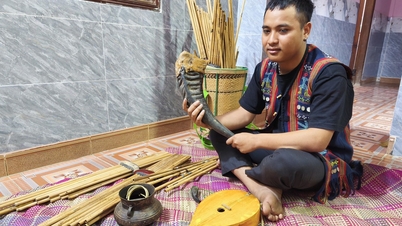
















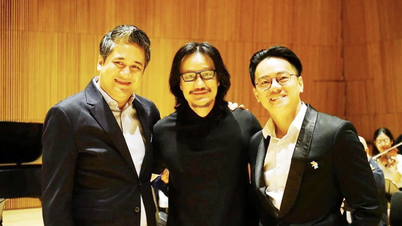




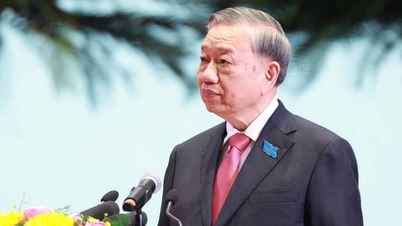




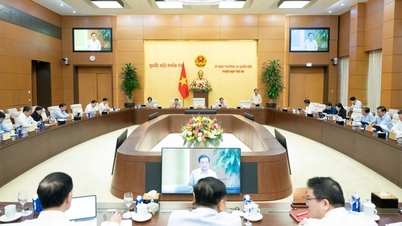
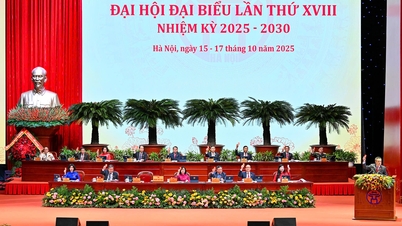

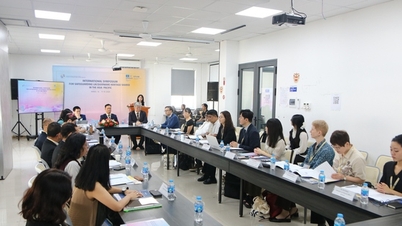
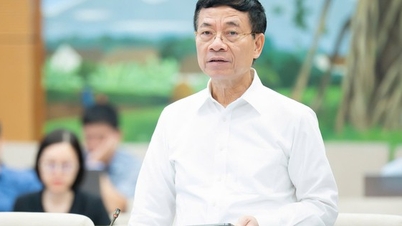

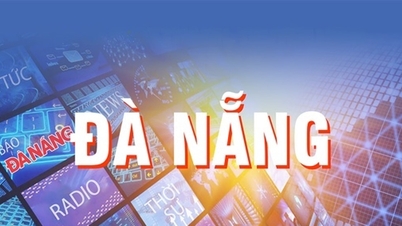

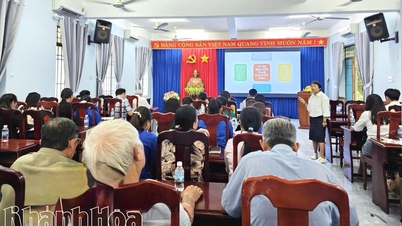

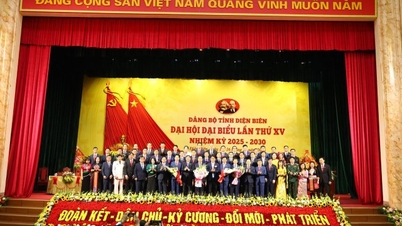


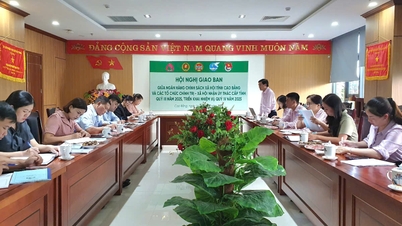

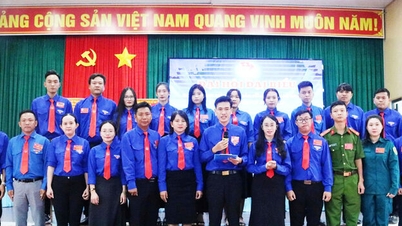
















Comment (0)